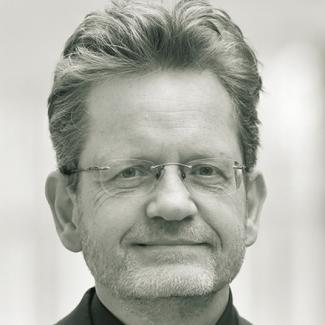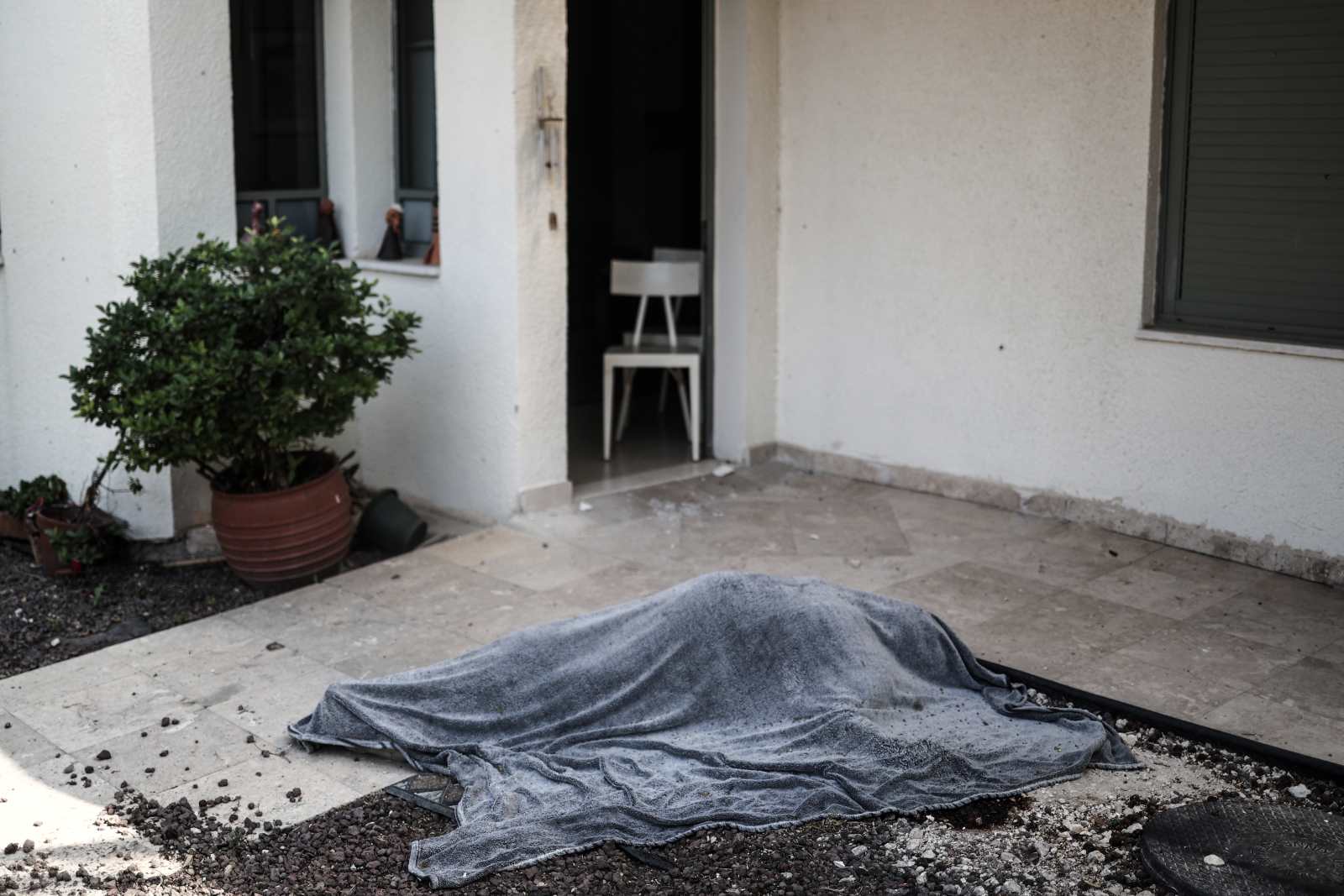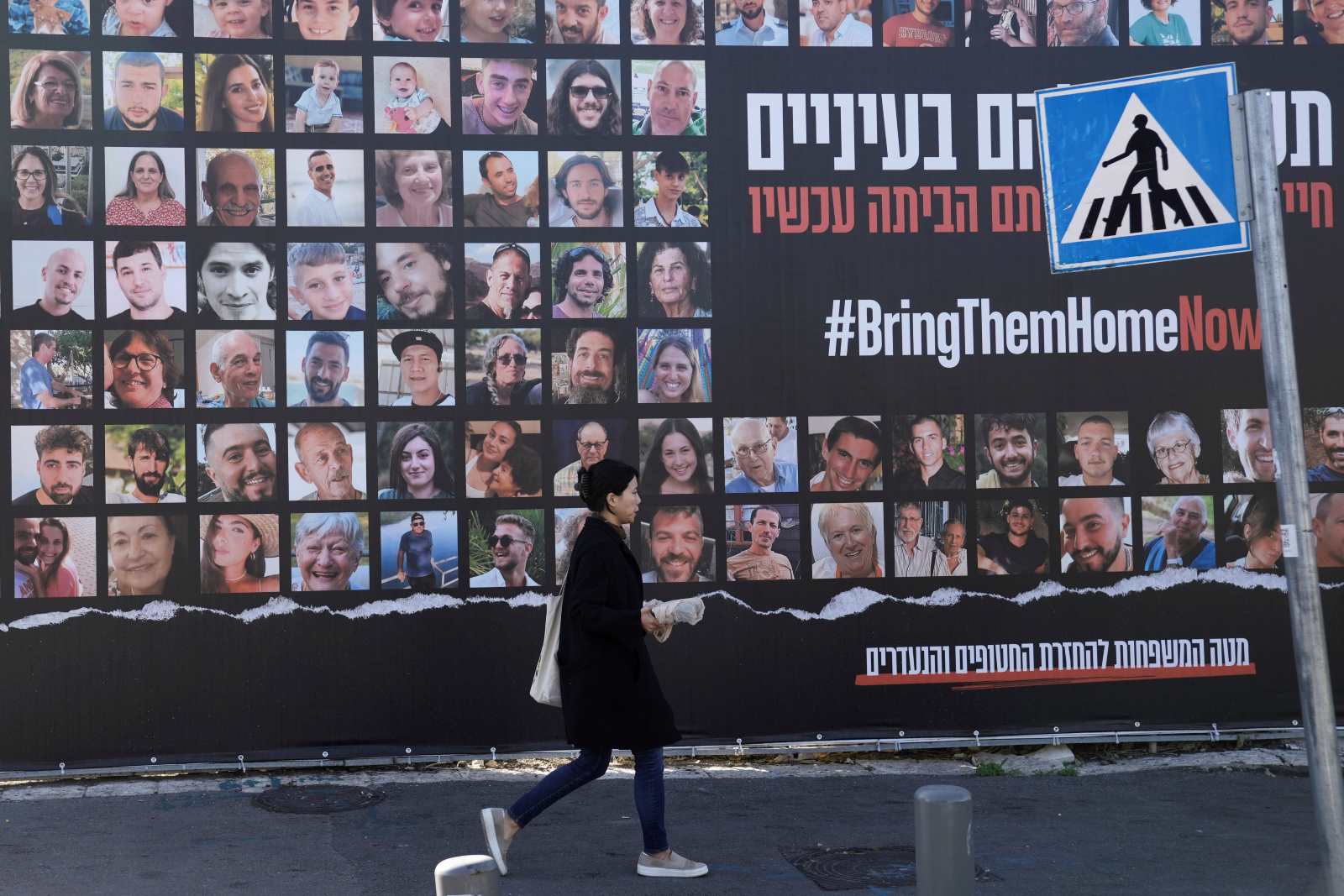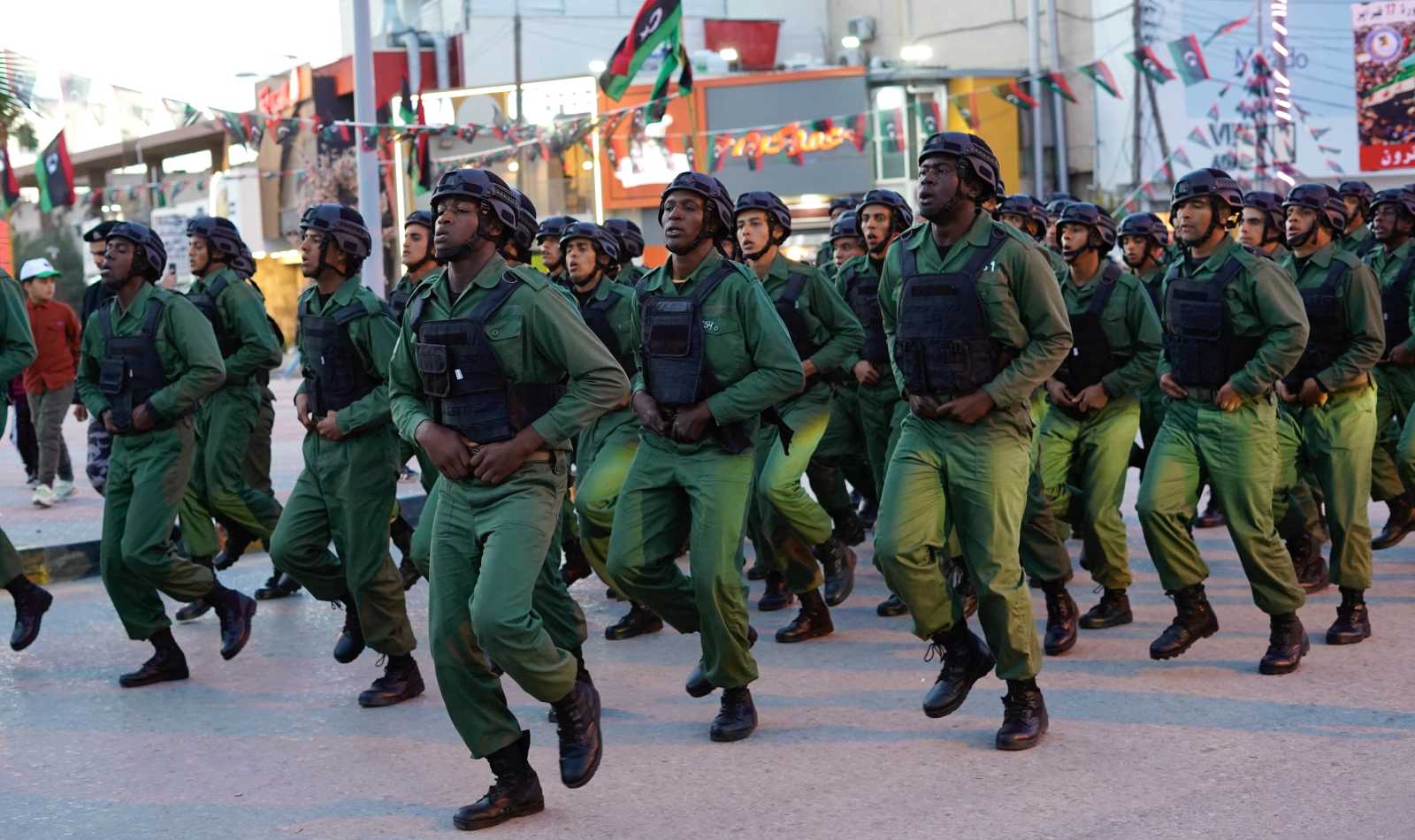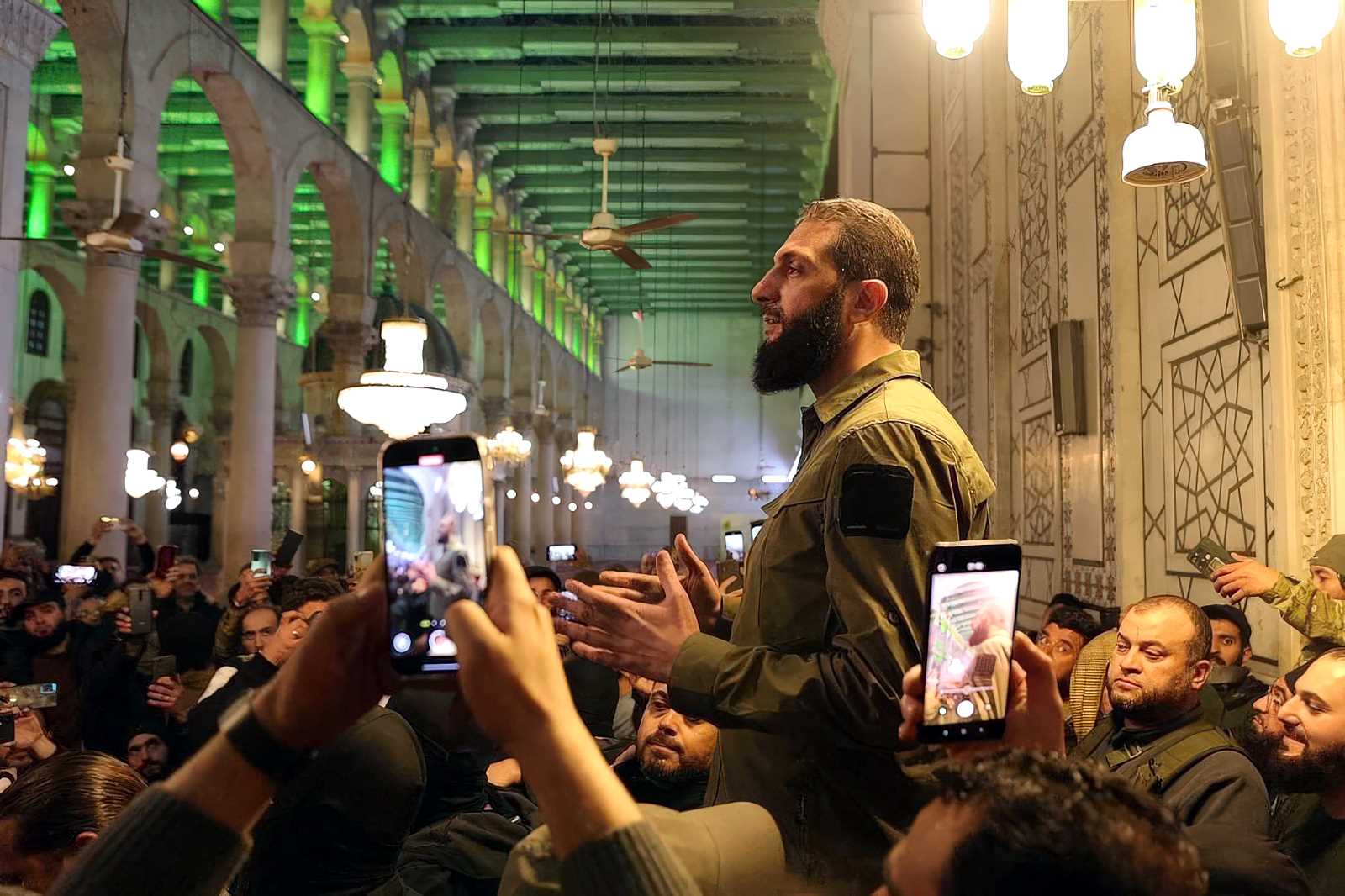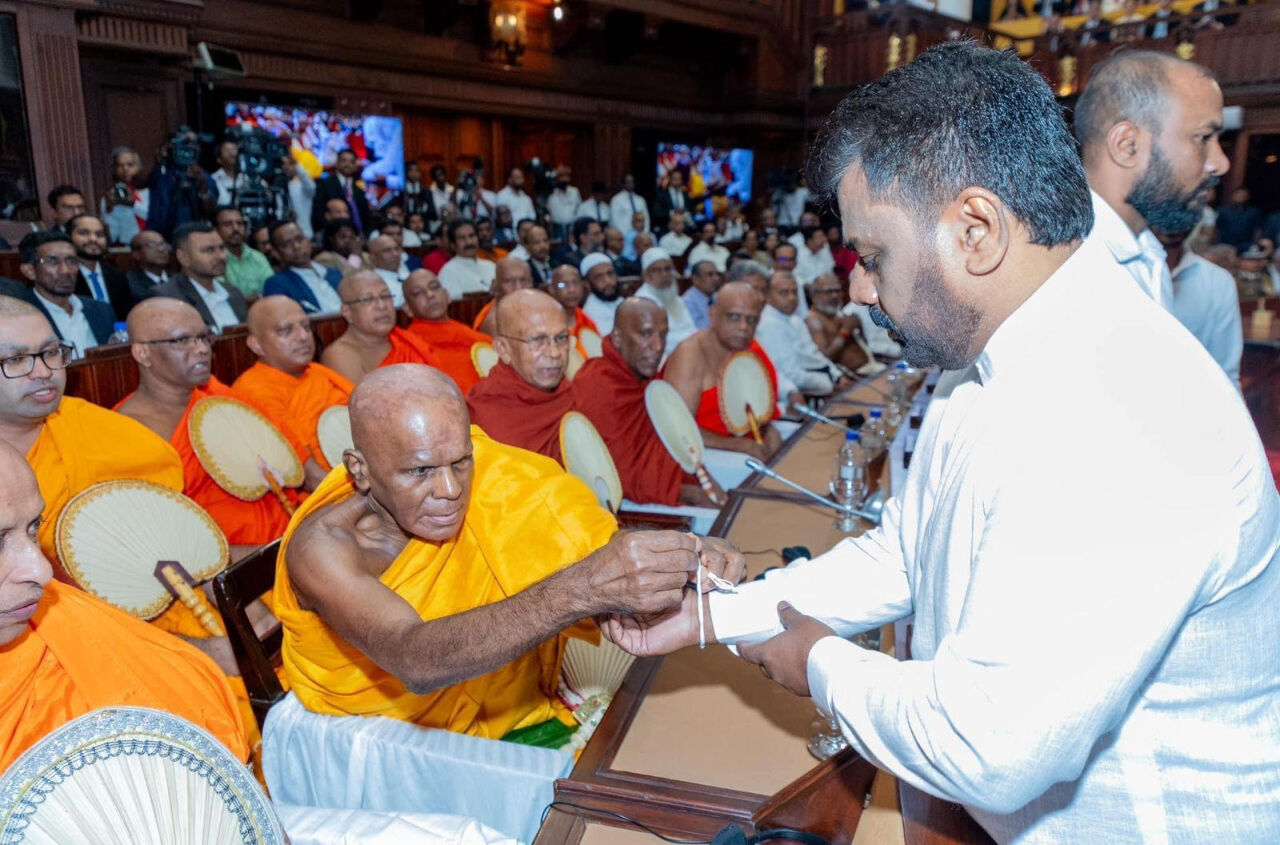Palestine/Israel
German law professor assesses possibility of war crimes in Palestine and Israel

Karim Khan, the chief prosecutor of the International Criminal Court (ICC) has admonished Israel and Hamas to adhere to international humanitarian law (IHL) or otherwise expect indictments. Does the ICC actually have jurisdiction?
Yes, it does. Palestine joined the ICC in 2015, giving it jurisdiction regarding crimes perpetrated on Palestinian territory (the West Bank, East Jerusalem and the Gaza Strip). Whether Palestine is indeed a state remains disputed, but the ICC’s competent Pre-Trial Chamber accepted its status as a state in 2021 for the purpose of the Rome Statute. Therefore, the ICC can investigate cases relating to genocide, crimes against humanity and war crimes in Palestine. It can indict people, adjudicate and ultimately impose sentences. Moreover, the ICC has jurisdiction regarding crimes perpetrated by Palestinian citizens abroad – for example, by Hamas fighters in Israel, even though Israel is not an ICC state party.
Khan recently travelled to Israel and Palestine. Arabs accuse him of having focused primarily on the Hamas attacks and thus having distracted attention from the genocide they claim is going on in Gaza. Does their claim have any substance? The number of 18,000 dead in nine weeks does seem disproportionately large.
It is easy to use legal terms for inflammatory political rhetoric, but much more difficult to make a sound legal assessment. It would be more promising to look for war crimes first. Whether a specific military attack is disproportionate depends on the rules of IHL. There is no mathematical formula, but the assessment depends on the concrete circumstances of every single military operation. Thus, while a hospital or any other medical facility enjoys special protection under IHL, it may turn into a legitimate military target if it is used for military purposes. The question then becomes whether the attack is still proportionate. Whether this is the case cannot seriously be assessed without being on the ground. Only then one can obtain sufficient knowledge of the relevant facts.
When it comes to genocide, it is important to prove the perpetrator’s special intent to destroy a particular protected group. Is a certain rhetoric of Israeli leaders legally relevant in that regard? I am thinking of phrases like “human animals” or “flattening Gaza” as well as proposals to drop an atomic bomb or to make a life in the area impossible by other means. Omer Bartov, a scholar who grew up in Israel and specialises in the Holocaust, warns that genocidal action often follows when such language is used.
Bartov chooses his words carefully. He warns of possibly impending genocide without claiming it is happening already. Some statements of certain Israeli policymakers are indeed worrisome. Yet, while they may be relevant for proving the necessary specific intent, they cannot automatically be attributed to the persons who are taking the military decisions.
It was Yoav Gallant, the defence minister, who spoke of “human animals”.
Yes, unfortunately, and he also spoke of totally shutting the Gaza Strip off from water, electric power et cetera. In terms of IHL, that statement was unacceptable. It is illegal to take such action and punishable as a war crime. Whether declaring a group of people to be “human animals” implies genocidal intent, however, depends on a number of issues. One is whether Gallant was referring to all Palestinians in the Gaza Strip or only to the Hamas fighters.
Isn’t it obvious that Hamas is committing war crimes? Fighters are hiding behind civilians, they have taken hostages, they hit residential areas in Israel with missiles …
Well, what happened on 7 October certainly violated international law in many respects. Crimes against humanity have been committed, including killings, rapes, abductions et cetera. Moreover, Hamas, a non-state party in this conflict, does not adhere to IHL, according to which combatants must be distinguishable from civilians, for example by wearing uniforms. The use of so-called human shields amounts to a war crime, especially when the persons concerned did not volunteer for that dangerous role. At the same time, however, the fact that Hamas is breaking the law does not allow Israel to do the same. The IHL rules are absolute and do not depend on how other parties in a conflict are behaving. Concretely speaking, this means for example that civilian persons who are being abused as human shields still enjoy immunity from attack, i.e., the attacking party – Israel – must do the very best possible to ensure they are not harmed.
The slogan “from the river to the sea, Palestine will be free” is often shouted during rallies. Pro-Israeli voices claim that it is genocidal because it denies Israel’s right to exist as a state. In Germany, it has been forbidden since mid-November.
A more nuanced approach is necessary here. Whether the slogan expresses genocidal intent depends on how one interprets it, which in turn will depend on who is interpreting it from which perspective. Someone who uses the slogan might say it is merely meant as a provocative response to Israel exerting military control from the Jordan to the Mediterranean since 1967. The focus would thus be on the Palestinian right to self-determination, but neither challenge Israel’s right to exist within the pre-1967 borders nor target Jews as such. At the same time, someone who shouts the slogan may indeed have genocidal intent, but the slogan itself does not necessarily prove the mental state of the person shouting it. Another matter is whether it is possible to effectively fight against certain opinions, however awful or misleading they may be, by legally criminalising or prohibiting them. I have serious doubts in that respect. For example, demanding a commitment to Israel’s existence from migrants who want to become German citizens will probably result in lip service, given that these people just want to be naturalised and would formally commit to everything to achieve that. But this kind of commitment is not real, but merely opportunistic. So, what does a state gain by demanding it?
Another much heard term these days is “apartheid”. Does it apply to Israel, or does it simply serve antisemitic propaganda?
This is another quite complicated question. I have just written a book on that in which I did my best to elaborate what apartheid means in historical and legal terms. After defining apartheid as a legal concept, the next question is whether the Israeli practices in the Occupied Territories, especially the West Bank, amount to apartheid fulfilling the legal criteria. Unfortunately, there are several reasons to think they do. This debate is not new, however. It has been going on in the UN, civil society and among scholars for decades. It will not go away by calling it antisemitic. We should not forget that some Israeli scholars and intellectuals speak of apartheid themselves. Examples include the human-rights organisation B’Tselem or people like Amos Goldberg, who made the case in the German newspaper Frankfurter Allgemeine Zeitung on 23 August 2023. In discussing in depth the legal dimensions of the concept, my goal is to come to a more rational debate.
Is building permanent settlements in the West Bank a war crime?
Well, such settlements violate IHL because an occupation is supposed to be temporary and creating facts on the ground by establishing highly sophisticated and solid settlements is incompatible with such a temporary nature. According to the Roman Statute of the ICC, building permanent settlements for people of the occupying nation on occupied land is therefore a war crime. This was actually the main reason why Israel voted against the Statute in 1998. The West Bank settlements, moreover, lead to the fragmentation of what is supposed to become the territory of a future Palestinian State, so they ultimately make the two-state solution that everyone is now speaking of again impossible.
There is a tendency in Germany to accuse of antisemitism anyone who expresses criticism of Israel, and critical voices from Israel hardly get any attention.
This is true, unfortunately. However, one must not overlook that the most profound criticism of Israeli policy typically comes from Israel itself. That is true in the apartheid debate, but also applies to discussions regarding the occupation policy’s legal and ethical implications. Anything we say in Germany concerning these matters, has mostly been said by colleagues in Israel earlier, and often in a better and more precise manner. It is therefore essential to preserve Israel’s democracy and its culture of public debate. By contrast, prohibiting specific views or making them taboo tends to be counterproductive.
Kai Ambos is a professor of criminal and international law at the University of Göttingen and a judge at the Kosovo Special Tribunal in The Hague. The views expressed here are personal. His apartheid paper will soon appear in the Fordham International Law Journal. (www.fordhamilj.org).
kambos@gwdg.de
